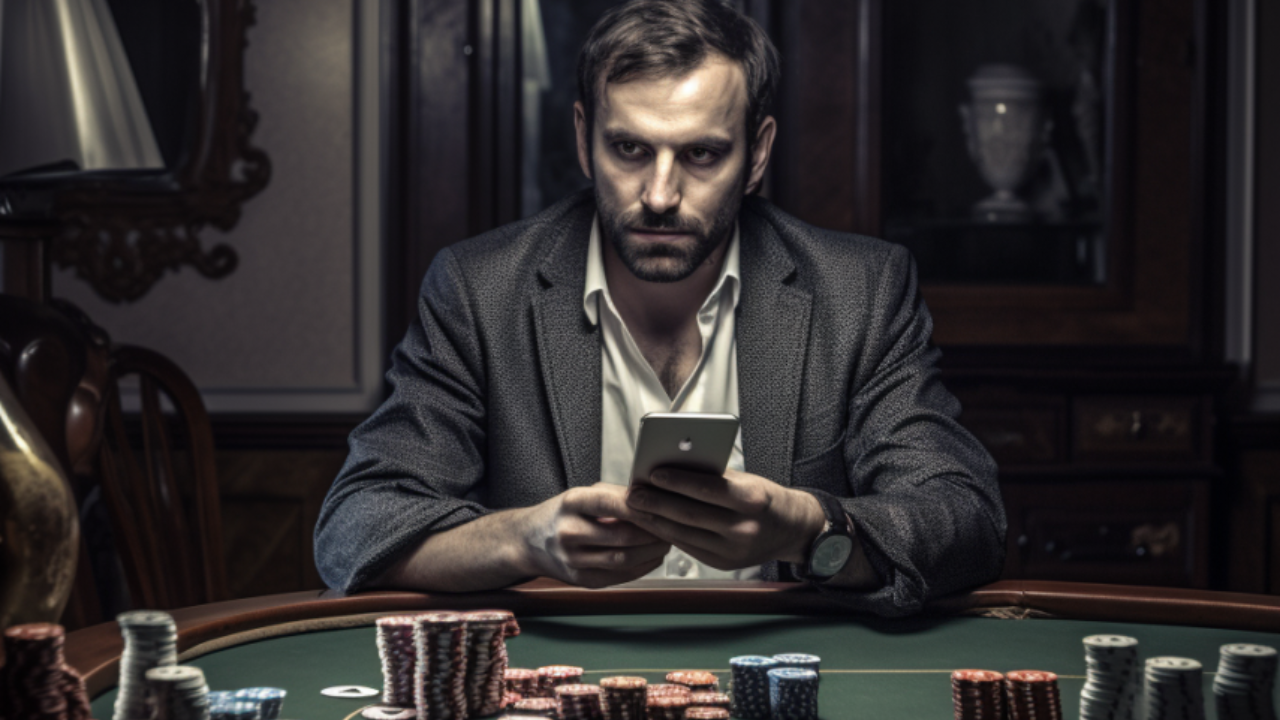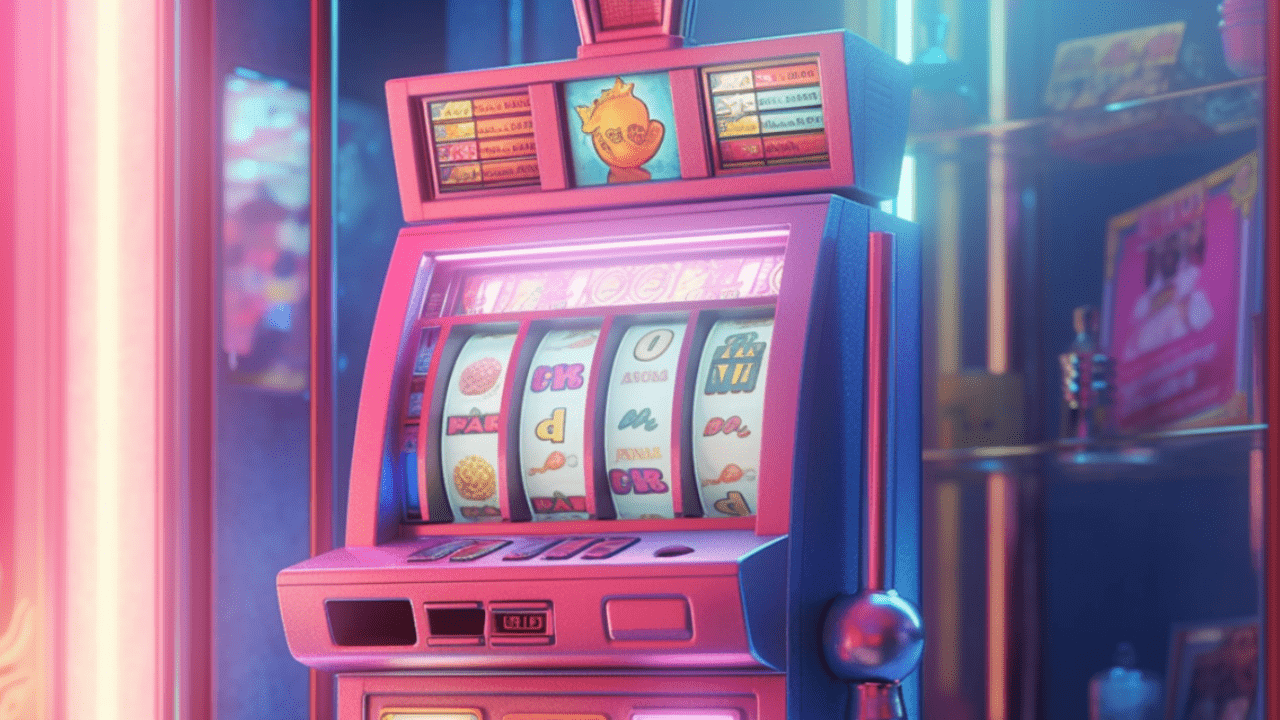Why does it seem that fun activities that lead to so much excitement and pleasure can end up being a huge problem that’s hard to escape? Gambling addiction is an area of concern that is warping the relationship between the gambler’s behaviour and gambling itself. It goes from an angle of entertainment to something more, such as a desire or need to be satisfied. So let’s take a look at what gets people to have a gambling addiction.
What can cause us to get a gambling addiction?
The Gambling Environment
More specifically, access to gambling opportunities themselves. Whether it’s through proximity to be able to head to a casino or play at terminals in bars, or even buy lottery tickets in grocery stores or convenience stores, there’s always that presence and opportunity to be able to gamble and thus make it a socially acceptable norm, even to the point where it’s encouraged and advertised.
Then with the push in recent years for online gambling opportunities, combined with the pandemic keeping people home, all it took was the internet and a computer, and the ability to gamble anytime anywhere was possible.
Being influenced
Knowing someone is doing it makes it easier for us to accept doing it ourselves. This is also true in regards to gambling. Knowing other gamblers and hearing their stories about bragging about their winnings, or being taught by loved ones, leads to the temptation to try it out.
Being conditioned to want to play more
Gambling consistently can lead to an altered perception of the entire activity. For example, you may start out winning your first initial gambling attempts, thus thinking that you’re already ahead. Then, with the chemicals in your brain releasing endorphins, you want more, and the condition begins, even though that luck or skill is always an illusion. In fact, your brain will want more of those endorphins, so it’ll be easy to convince yourself you can always be a winner.
Having a predisposition to a gambling addiction
Our existing factors related to our personal psychology are also key to the gambling addiction puzzle. In fact, depending on the type of factors in play, one may have a general predisposition to addictive behaviours in general.
These can be mood disorders such as depression or anxiety. There could also be unresolved traumas, maybe from repressed emotions or childhood incidents. It could also be related to ADHD, getting bored easily, or even being in constant stressful personal or professional situations.
These and many more can create an imbalance in emotions that has people seeking a release, leading to gambling addiction.
Gaming that is habit forming
In the end, gambling should stay as a form of entertainment and be considered a game of chance. However, if it starts to feel like someone is going through the motions of gambling, it could be the start of a gambling addiction. It can start as a simple habit, such as placing a bet while brushing your teeth or gambling during your break hour. Then it leads to a routine action, where it’s a few games broken up throughout the day and thus, the gambling addiction forms.
The journey to win and chasing it
This is also a big factor, as everything related to gambling is there to lure you in and keep you playing. It’s also in our news when we hear of complete strangers becoming overnight millionaires gambling and wondering why it’s not you specifically. What isn’t discussed is how many have lost when someone wins.
As you get enticed to try gambling, the habits will shortly follow, especially when you find yourself losing and know there’s a way through gambling to try to chance it and try to win again. As gambling habits take hold, the lure of winning takes a different form, and damage to your mindset begins.
Thinking you have control over gambling
Many out there state that there are ways to control gambling. From being able to put the odds in their favour to thinking their gambling addiction is under control. Gambling is always a game of chance, which means that no strategies, no level of intelligence, and no good luck charms are going to improve your chances of winning in gambling.
It’s not a game of skill in any fashion, and having superstitions, for example, with lucky numbers to bet on, has no actual impact on the game. It is an illusion to give us a sense of control. Even with all the data clearly stating the real odds of winning and losing, people still think that playing more will improve those odds. If the odds are one in 10 to win, that means it’s nine in 10 to lose, meaning more often than not, you will end up losing.
How does gambling addiction play out?
Eventually, with a gambling addiction, we get to the point of excessive gambling. The consequences can be high, including financial ruin, and can lead to other addictive behaviours to cope with the stress of gambling addiction. This can be in the form of substance abuse or compulsively borrowing to continue to feed the gambling addiction habit. It can also lead to attempting to run away from the numerous issues that have presented themselves.
Sometimes it’s chemical
As mentioned briefly above, every time you gamble and win, your brain produces chemicals as a way to feel good. This is known as a reward circuit and can be referenced as instant gratification. With the ability to constantly activate it by gambling and winning, we start to continuously play, even if we’re losing more than winning, just to get ourselves to that feel-good moment.
Even when we find ourselves stopping, our brain is craving the excuse to produce dopamine, so it tells us to do the activities that make it the fastest, which is another avenue that can lead to gambling addiction. It becomes a need to get those rewards and pleasures, thus forcing your mind to trick you into continuing to place that next bet.






